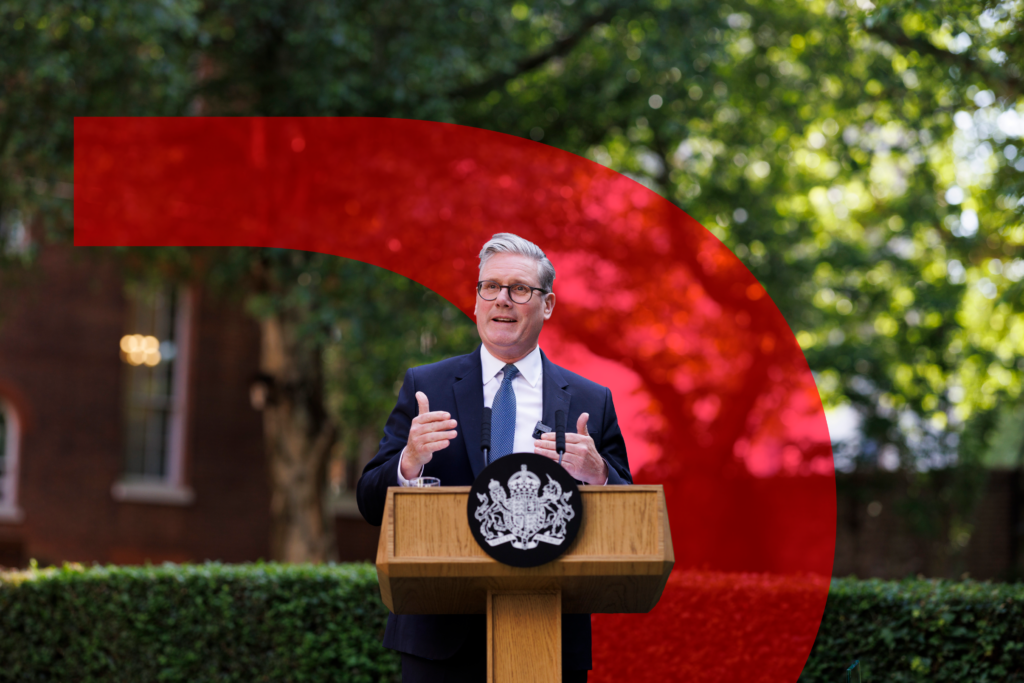In each of the thirteen years Portland has been in business, we have worked with an ever-more diverse set of clients, challenges and audiences.
But if we take a step back and try to find a common thread between the organisations we work with, they are having to adapt the way they communicate to match the changing environment – and in particular a changing economy.
Domestically, political and public attitudes to business have become more hostile and less forgiving. Internationally, the balance of power is shifting, slowly but inexorably, towards growing economies in the East and South.
Our Quarterly this time looks at some of the effects these changes are having in the UK and further afield.
In the twentieth century, the nations of Africa seemed largely left behind by global economic growth. The early years of this century have seemed to show much more promise, with South Africa taking its place at the table with other emerging economic powers. Allan Kamau looks at whether this moment had real significance and what challenges are still to be overcome.
As economies develop and change, many people in different parts of the world feel their economic destiny is out of their hands. Part of the case for nationhood is that self-determination can let people win control back. But the emotional pull of independence might yet trump straight calculations of who ends up better off. Georgina Mallory looks at how this dynamic is playing out in the very different environments of Scotland and Somaliland.
The business perspective of the changing economy is provided for us by guest contributor Georg Toufar of Mundipharma, who explains that a company failing to adapt to changes in what consumers and buyers want and need will soon find itself in trouble.
To cover the forces at work in domestic economic politics, we present three contributions from Portland colleagues. Simon Tiernan assesses the new framework for the financial services industry. Ed Leech sets out the way economic choices are being sold to voters by the two biggest political parties. And our Chief Economic Adviser Kitty Ussher uses her political experience to turn a sceptical eye on the claims by politicians to be ‘rebalancing’ the economy.
Taken together, this Quarter’s essays provide a whirlwind tour of a global and domestic economy which is changing fast and demanding new ways of thinking from all of us. As ever, if you would like to talk about how Portland can help support you in responding to these changes, we would be delighted to hear from you.






